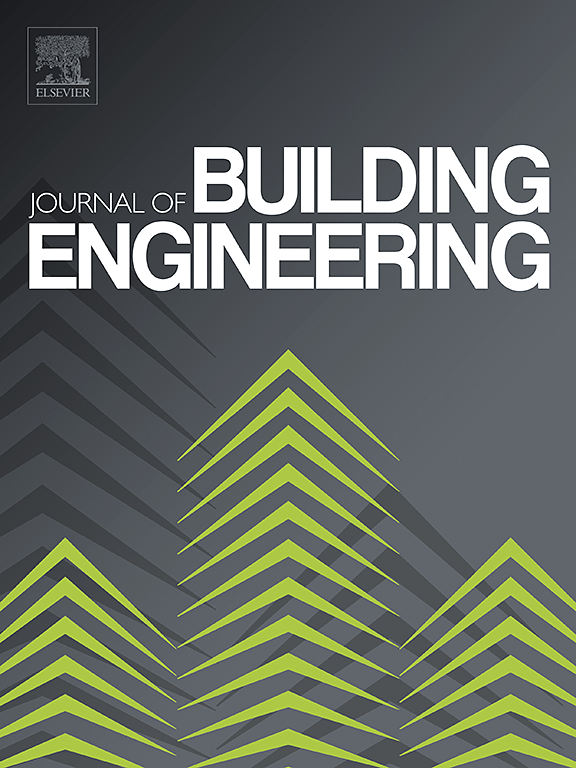A novel decision support framework for building refurbishment towards zero carbon emissions
IF 7.4
2区 工程技术
Q1 CONSTRUCTION & BUILDING TECHNOLOGY
引用次数: 0
Abstract
The refurbishment of existing buildings is vital to maximise carbon emissions reduction and alleviate the impacts of climate change. While various decision support frameworks for building refurbishment exist. There is a notable gap in the availability of comprehensive frameworks that combine diverse methods, tools, and systems to support decision-making aimed at reducing whole-of-life carbon emissions. This paper brings together the development and validation processes of a novel early-stage decision support framework for building refurbishment towards zero carbon emissions in New Zealand (RefurbZC). The development of the framework was based on the critical analysis and interpretation of the literature review, preliminary study, and case study of university buildings in New Zealand, which integrate international best practices adopted to the local context and lessons learnt from real-life case studies. The framework was validated and refined using a focus group workshop with New Zealand building experts involved in the refurbishment process. The new RefurbZC provides a better detailed guideline to use in the early stages of the refurbishment process, focusing on maximising whole-of-life carbon reduction. It helps to understand the refurbishment decision-making process, identify areas for integrating carbon-reduction initiatives, determine key factors and actors in driving carbon-reduction solutions, and promote stakeholder collaboration and integration in carbon-reduction building refurbishment. The presented framework contributes extensively to theoretical and practical knowledge of building refurbishment towards zero carbon emissions and offers a basis and foundation for future work in this research area.
一个新的决策支持框架,为建筑翻新实现零碳排放
现有建筑的翻新对于最大限度地减少碳排放和减轻气候变化的影响至关重要。虽然存在各种建筑物翻新的决策支持框架。综合各种方法、工具和系统来支持旨在减少整个生命周期碳排放的决策的综合框架的可得性存在显著差距。本文汇集了一个新的早期阶段决策支持框架的开发和验证过程,用于新西兰的建筑翻新,以实现零碳排放(翻新)。该框架的开发基于对文献综述、初步研究和新西兰大学建筑案例研究的批判性分析和解释,将采用的国际最佳实践与当地环境相结合,并从现实案例研究中吸取教训。通过与参与翻新过程的新西兰建筑专家的焦点小组研讨会,该框架得到了验证和完善。新的翻新zc为翻新过程的早期阶段提供了更详细的指导方针,重点是最大限度地减少整个生命周期的碳排放。它有助于了解翻新决策过程,确定整合碳减排倡议的领域,确定推动碳减排解决方案的关键因素和参与者,并促进利益相关者在碳减排建筑翻新中的合作和整合。提出的框架对建筑翻新零碳排放的理论和实践知识有广泛的贡献,并为该研究领域的未来工作提供了基础和基础。
本文章由计算机程序翻译,如有差异,请以英文原文为准。
求助全文
约1分钟内获得全文
求助全文
来源期刊

Journal of building engineering
Engineering-Civil and Structural Engineering
CiteScore
10.00
自引率
12.50%
发文量
1901
审稿时长
35 days
期刊介绍:
The Journal of Building Engineering is an interdisciplinary journal that covers all aspects of science and technology concerned with the whole life cycle of the built environment; from the design phase through to construction, operation, performance, maintenance and its deterioration.
 求助内容:
求助内容: 应助结果提醒方式:
应助结果提醒方式:


